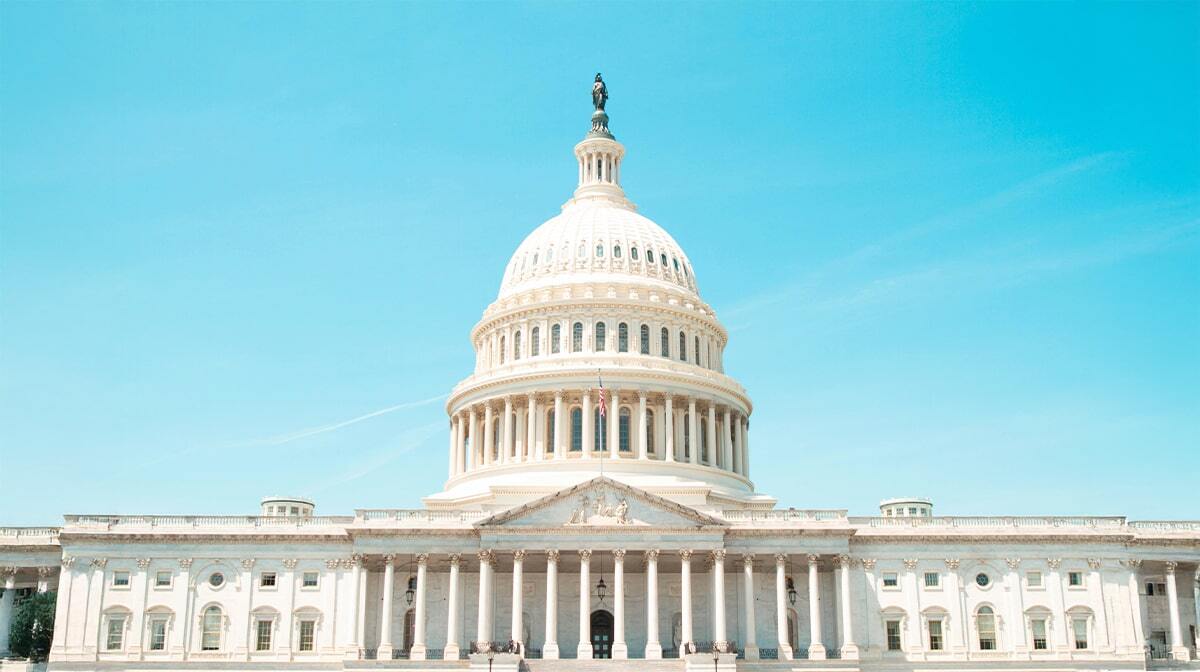4 min read
What the One Big Beautiful Bill Could Mean To You
Planning Alternatives Updated on August 5, 2025

In July 2025, Congress passed a sweeping piece of legislation known as the One Big Beautiful Bill (OBBB), which includes updates to tax policy, retirement planning, estate law, and education savings. At Planning Alternatives, our job is to help you understand what this could mean for your personal financial life—so here’s a summary of several provisions and how they may impact your long-term strategy.
1. Income Taxes—and Planning Opportunities
The OBBB makes permanent many of the 2017 tax cuts:
-
Lower marginal tax rates across all brackets
-
Higher standard deductions
-
Expanded deductions for tips, overtime, and auto loan interest:
-
Tips and overtime: Workers can now deduct a portion of tipped or overtime earnings, subject to income limits.
-
Auto loan interest: Limited deduction available for interest on vehicles used for commuting or necessary travel.
-
-
Temporary expansion of the SALT deduction (now up to $40,000 through 2028)
-
Increased child and senior tax credits
What this could mean for you:
-
Many clients could see modest to significant reductions in their annual tax liability.
-
Tax savings create opportunities to reinvest in retirement accounts, donor-advised funds, 529s, or legacy planning strategies.
-
Clients with multi-state income may benefit from the expanded SALT cap, but deductibility will still depend on your income level and filing status.
2. Treatment of Social Security
The OBBB does not eliminate taxes on Social Security benefits. Instead, it gives people age 65 and older a new deduction to reduce their taxable income, which may lower or eliminate the tax they owe on their Social Security benefits—depending on how much other income they have.
If you're 65 or older, you may qualify for a “Senior Deduction” of up to:
-
$6,000 if you're single
-
$12,000 if you're married filing jointly (and both are 65+)
Income thresholds for eligibility:
-
Full deduction available if AGI is ≤ $75,000 (single) or $150,000 (married filing jointly)
-
Deduction phases out completely at $175,000 (single) or $250,000 (married filing jointly), at a rate of $60 per $1,000 of excess income
-
Applies 2025–2028 unless extended by Congress
3. Education & Family Savings
Families could benefit from expanded education and child savings provisions:
-
529 plans now cover tutoring, textbooks, and homeschooling expenses.
-
The new federal “Trump Account” gives eligible newborns a $1,000 federal seed contribution.
Key details:
-
Children born between January 1, 2025 and December 31, 2028 qualify for the $1,000 deposit.
-
Families may contribute up to $5,000/year.
-
No federal funding will be provided for children born after 2028, but accounts remain tax-deferred.
Next steps:
-
Families with children born in the eligible window should ensure Trump Accounts are opened to receive the benefit.
4. Cuts to Medicaid and Safety Net Programs
To offset the bill’s tax cuts, it reduces funding to safety net programs:
-
Medicaid faces nearly $1 trillion in cuts over 10 years.
-
Work requirements and eligibility verification for Medicaid and SNAP have expanded.
Planning note: These changes could indirectly impact clients' family members or employees. Revisit health insurance, eldercare, and long-term care planning accordingly.
5. Estate & Gift Tax Exemption Raised to $15 Million
The OBBB raises the federal estate, gift, and generation-skipping transfer (GST) tax exemption to $15 million per person (or $30 million per married couple) starting in 2026, indexed for inflation.
Potential Implications:
-
Estates under $15M individual / $30M joint will owe no federal estate tax.
-
Higher GST exemption opens new multi-generational planning strategies.
-
While this exemption is permanent under current law, future legislation could alter it.
6. Business Planning Opportunities
Business owners should thoughtfully evaluate depreciation, expensing, and succession opportunities under the new tax regime:
-
Bonus Depreciation and Expensing: Accelerated deductions on capital purchases can reduce short-term tax liability.
-
Section 179 Deduction: Potentially higher expensing limits allow small and mid-sized businesses to deduct full property costs upfront.
-
Entity Structure Review: Changes to QBI and income thresholds may require reevaluating S corp vs. LLC structures.
-
Succession Planning: Estate tax changes and potential capital gains shifts make now a good time to explore business exits or transfers.
-
Retirement Plans: Adjust contributions or consider Roth conversions based on new brackets.
As always, coordinate with your CPA, attorney, and wealth advisor for a tailored approach.
7. Long-Term Fiscal Considerations
The OBBB is projected to add $2.4 to $3.3 trillion to the national deficit over the next decade. While the bill provides tax relief today, increased federal borrowing could eventually lead to inflation, higher interest rates, or future tax hikes.
Ask yourself:
-
Does my portfolio include assets that can weather inflation?
-
Am I positioned globally, not just domestically?
-
Does my allocation align with my liquidity and retirement needs?
A globally diversified, risk-managed portfolio with exposure to equities, fixed income, real assets, and inflation hedges can help you stay resilient in a shifting landscape.
At Planning Alternatives, we help you align your investments with your values and long-term goals.
Individual Guidance Matters
The impact of OBBB depends entirely on your personal circumstances. Income, filing status, and state of residence all play a role.
Because of this complexity, we strongly encourage you to review these changes with your accountant, attorney, and Planning Alternatives Wealth Advisor. Together, we can help ensure you make the most of these new provisions.
Discover True Wealth
Let’s use these changes not just to save more—but to live more fully and with greater purpose. If you have questions or want to review your plan, we’re here to support you—every step of the way.
To schedule a planning review, contact your Wealth Advisor or Schedule a Call.
References:
-
Wall Street Journal: How Trump's Big Tax Bill Affects You (2025)
-
Washington Post: Senior Deduction and Social Security Impacts (2025)
-
Journal of Accountancy: Depreciation and Expensing Reforms (2025)
Disclosure:
The information presented should not be construed as personalized investment, financial, legal or tax advice. It is limited to general information about our views on the economy, various investment options, and investment strategies. Planning Alternatives does not provide tax, legal or accounting advice. Before implementing any approaches presented, consult your own tax, legal, and accounting advisors about the financial, legal, and tax suitability for you.




